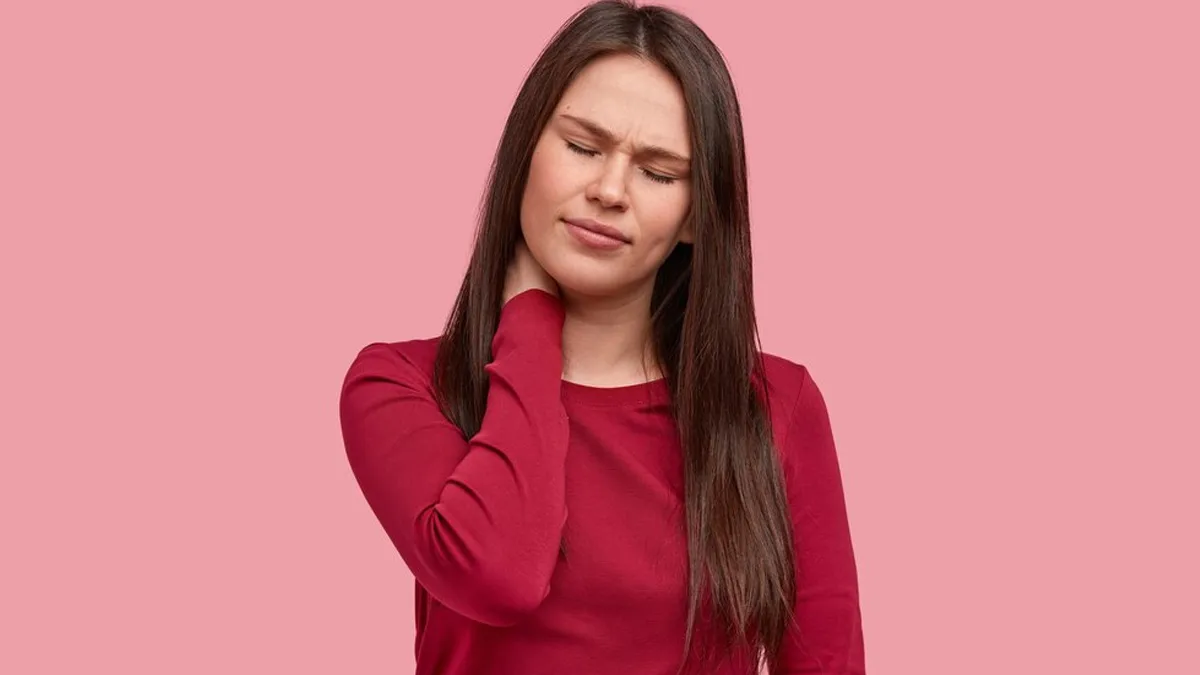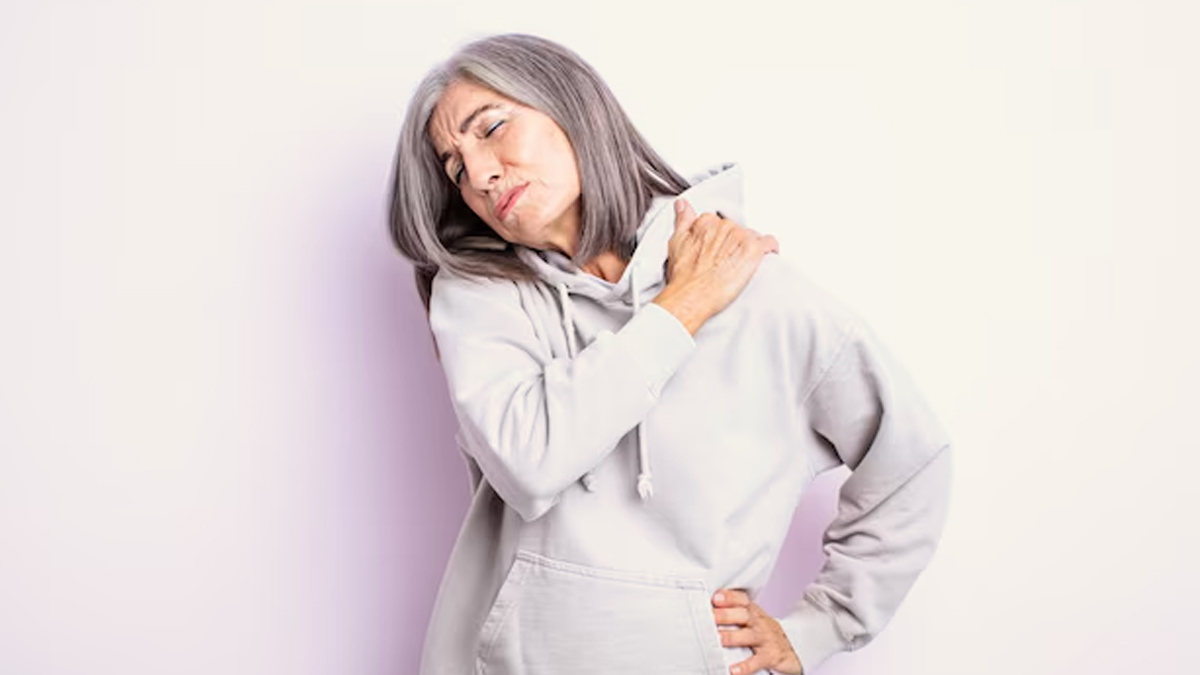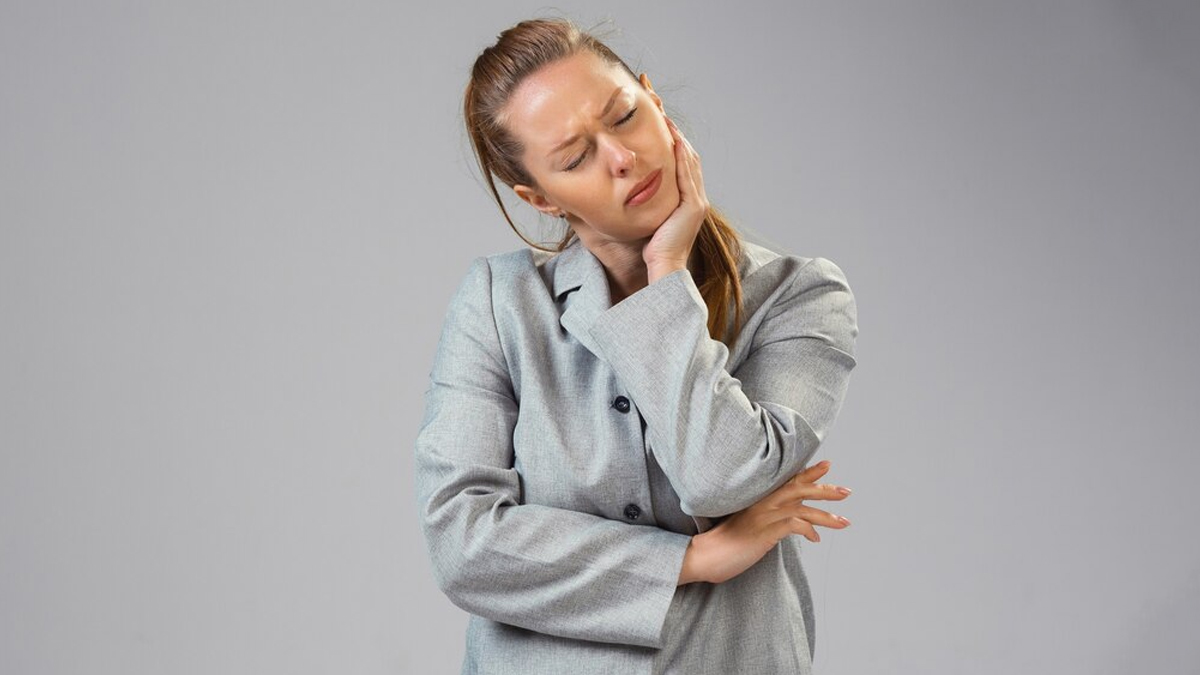
Pain is universal. It is a sensation that warns us against a potential harm to the body. However, it may be interesting to note that some people may be more likely to experience pain than others. Women, for instance, are more prone to pain conditions than men, says Dr Dipali Patel, Consultant - Obstetrics and Gynaecology, Manipal Hospital, Kharadi, Pune, who explains that certain biological factors could be to blame.
Table of Content:-
Several studies also suggest that women generally report experiencing more pain than men, with a higher prevalence of chronic pain conditions like migraines, fibromyalgia, irritable bowel syndrome, and musculoskeletal pain. For those curious, here’s a detailed understanding of the same.
Also Read: Stress-Related Neck And Upper Back Pain: Why Does It Occur?
Why Are Women More Prone To Pain Than Men?

A 2013 study published in the British Journal of Anaesthesia suggested that men and women experience pain differently, with women generally showing greater sensitivity and a higher risk of chronic pain.
Research also suggests that men and women respond differently to pain treatments, though these differences vary based on the type of treatment and other factors.
While the exact reasons for these differences remain unclear, Dr Patel attributes them to biological factors, particularly hormonal fluctuations. "Hormonal shifts have a significant effect on how pain is perceived at various stages of life," she says, highlighting that fluctuations in oestrogen, especially during menstruation, pregnancy, and menopause, influence pain sensitivity.
She further adds that during the luteal phase of the menstrual cycle, reduced levels of oestrogen are linked to heightened pain sensitivity, which can lead to issues such as migraines and pelvic discomfort.
On the contrary, high oestrogen levels might actually help protect against pain by affecting how the body senses pain. Progesterone also plays a role, influencing both inflammation and how sensitive we are to pain.
Common Pain-Related Conditions That Affect Women

Various pain-related disorders disproportionately impact women because of hormonal, genetic, and anatomical reasons, according to Dr Patel. These include:
Migraine is highly common and is often triggered by changes in hormone levels. A migraine is a neurological disorder that causes moderate to severe headaches, often on one side of the head.
Endometriosis and dysmenorrhea result in significant pelvic pain due to the growth of abnormal uterine tissue. Endometriosis is a condition where tissue similar to the lining of the uterus grows outside of the uterus. Dysmenorrhea refers to painful menstrual cramps or period pain.
Fibromyalgia, which is marked by widespread musculoskeletal discomfort, is more prevalent in women, likely attributable to variations in pain perception.
Also Read: Arthritis Vs Bursitis: Expert Explains The Differences Between The Two
Osteoarthritis commonly affects women, particularly after menopause, due to hormonal changes that influence joint health.
Autoimmune diseases such as Rheumatoid Arthritis (RA) and lupus also contribute to chronic pain, with women experiencing more intense symptoms.
Pain Management Tips

Dr Patel shares that managing pain necessitates a combination of both medical and non-medical methods.
Medications such as analgesics, anti-inflammatory agents, and hormone therapies can assist in controlling pain, whereas engaging in physical therapy and maintaining a regular exercise routine can enhance movement and alleviate musculoskeletal pain.
Stress management is also crucial, which can be achieved through mindfulness practices, meditation, and cognitive behavioural approaches.
Additionally, adjustments to diet, achieving a healthy weight, and getting sufficient rest further aid in pain control. Dr Patel recommends consuming a nutritious diet that includes anti-inflammatory foods, such as omega-3 fatty acids, fresh fruits, and vegetables, which can help lessen inflammation and reduce pain sensitivity. Moreover, staying well-hydrated and limiting processed foods can enhance overall health as well, she emphasises further.
Conclusion
Scientific evidence suggests that women are more likely to experience pain compared to men, and health experts primarily attribute it to hormonal shifts. While temporary experiences with pain are harmless and resolve on their own, chronic pain should not be overlooked and should be consulted with a medical professional. Women should take care of their overall well-being by eating healthy, exercising regularly, getting enough sleep, managing their stress, and staying hydrated.
Also watch this video
How we keep this article up to date:
We work with experts and keep a close eye on the latest in health and wellness. Whenever there is a new research or helpful information, we update our articles with accurate and useful advice.
Current Version